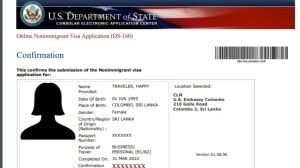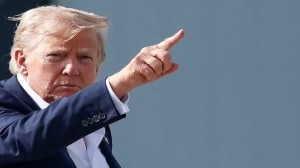A two-decade-old virus disease entered the South American country, Argentina, on December 20, 2023, reportedly a case of Western Equine Encephalitis Virus (WEEV) infection. The patient, with fever and neurological symptoms, led to the identification of an outbreak with 21 confirmed cases in Argentina.
This occurrence is significant as the country had not reported such cases for over two decades. The government had warned the Pan American Health Organization/World Health Organization (PAHO/WHO). The virus, transmitted by mosquitoes, primarily affects horses and poses a threat to human health. PAHO/WHO has issued an alert, emphasizing the need for enhanced surveillance and preventive measures.
Western Equine Encephalitis (WEE):
WEE is a mosquito-borne infection caused by the WEEV, belonging to the Togaviridae virus family. Reservoirs include passerine birds, with equine species serving as intermediate hosts. Mosquitoes act as vectors for the virus, transmitting it to humans. While most cases are asymptomatic, severe neurological consequences may occur in rare instances. With no specific antiviral treatment available, symptomatic care is crucial, particularly for neurological symptoms.
Outbreak:
Since December 2023, there have been 21 confirmed human cases and 374 confirmed animal cases of WEEV in Argentina and Uruguay. The province of Buenos Aires reported the highest number of animal cases. Out of 91 suspected cases tested in Argentina, 21 were positive, with eight requiring intensive care, 13 general hospitalization, and one resulting in fatality. Exposure history links cases to various occupations and outdoor activities.
PAHO/WHO issued an alert, emphasizing the risk of WEE spread in the Americas. Enhanced surveillance, environmental modifications, vector control, and equine vaccination are crucial for virus control. A One Health approach, involving human, animal, and environmental factors, is essential to prevent further spread and protect public health.








